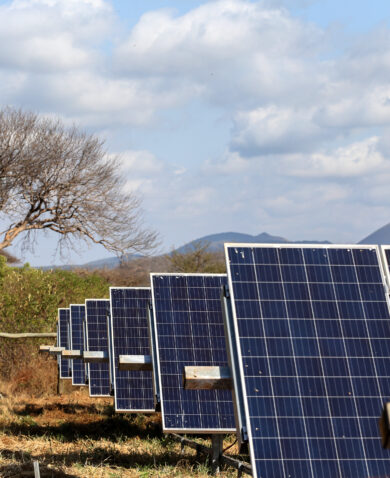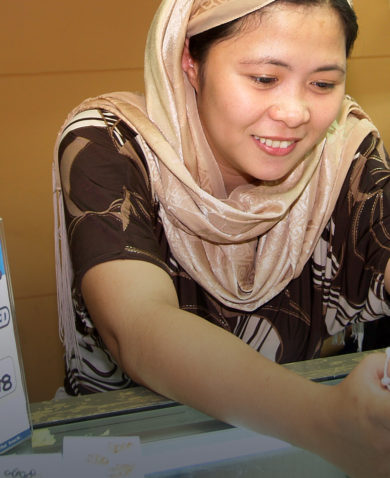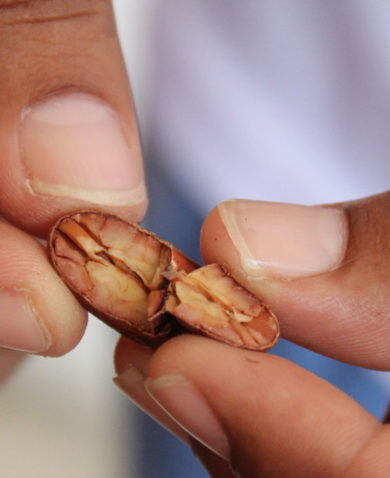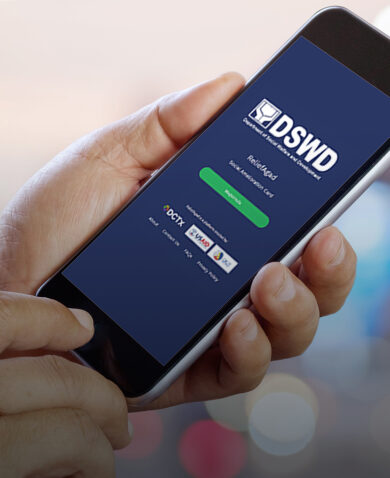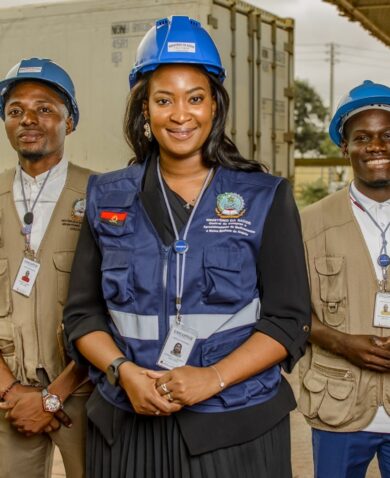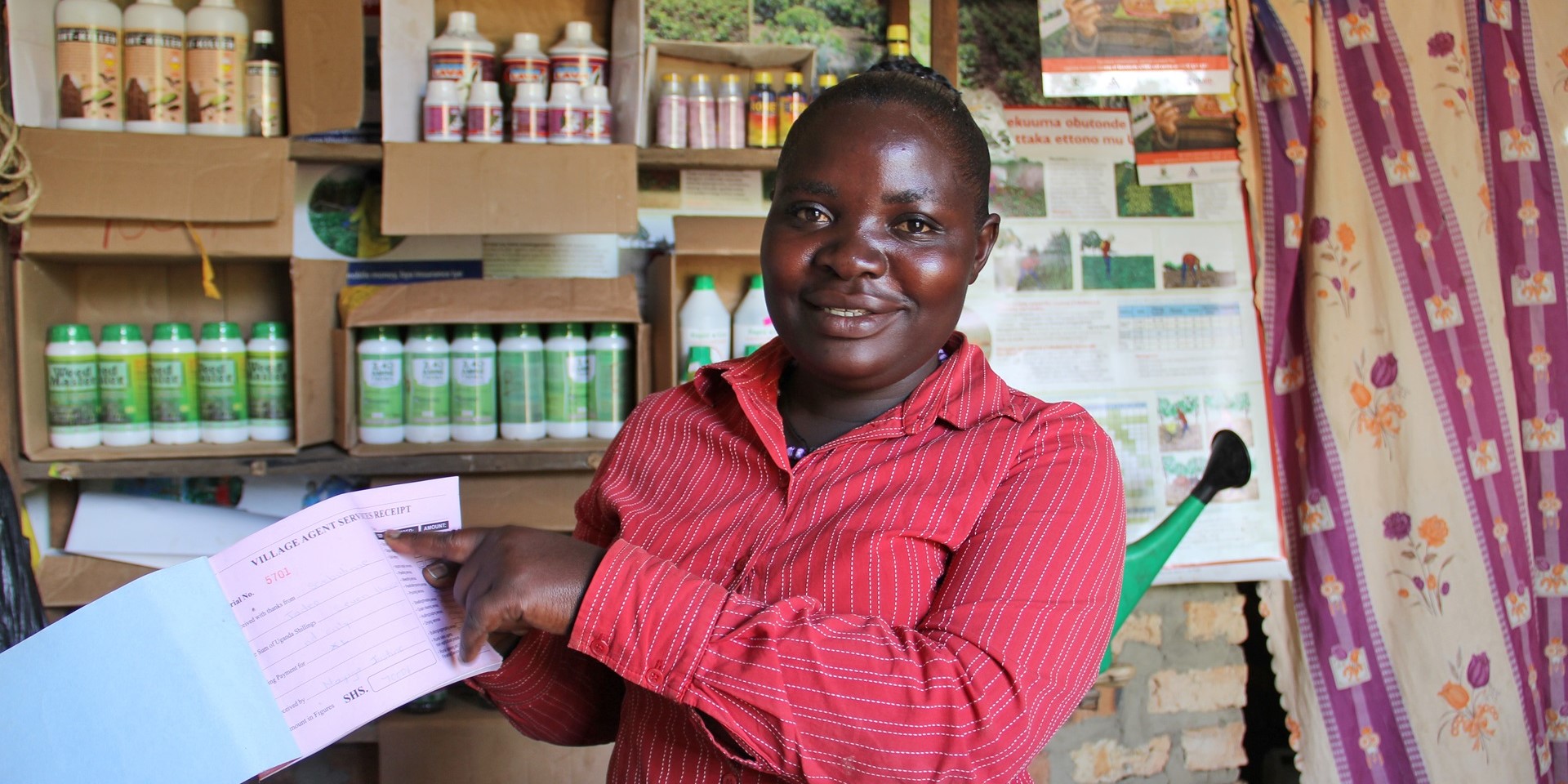
Approaches for Building Investment Ecosystems in Africa: Lessons from Three Countries
November 29, 2023 | 4 Minute ReadEstablishing and cultivating resilient investment ecosystems is critical to enable sustained deal-making opportunities. This aligns closely with USAID’s priorities of addressing economic headwinds and promoting inclusive economic growth.
As highlighted in the USAID Policy Framework, the agency recognizes the pivotal role of private sector engagement and investment as essential components of its development strategy. To turn this vision into reality, implementing partners must adopt innovative strategies that foster conducive environments for deal-making. Here, we explore three integral approaches to strengthening investment ecosystems: building partnerships, supporting local funds, and mobilizing alternative sources of capital, particularly from pensions funds.
Facilitating Corporate Partnerships
Obtaining a source of investment is a hurdle for many growth-oriented small and medium-sized enterprises (SMEs) in developing economies. USAID’s Feed the Future Uganda Strategic Investments Activity (SIA) is dedicated to strengthening the investment ecosystem and mobilizing capital to SMEs by fostering partnerships that facilitate commercial investments. Uganda SIA collaborates with the Hi Innovator Scaling program funded by the Mastercard Foundation, TLG Capital, and the Uganda National Social Security Fund. The program aims to allocate at least $1.2 million in debt and/or equity to provide catalytic seed funding and provide technical assistance to Ugandan SMEs with the goal of creating jobs for women and youth contributing to the development of sustainable business models that can scale to attract commercial capital. By funding SME transaction advisory and due diligence costs, Uganda SIA offset TLG Capital’s costs and risk of lending, resulting in seven businesses selected for investments up to $1.6 million USD, exceeding their initial goal by 75%. Through the utilization of their convening power and provision of technical support, initiatives like Uganda SIA can facilitate the establishment of partnerships that effectively mobilize capital for SMEs.
Securing Equity Investments in the DRC
Another challenge SMEs in Africa face is obtaining equity funding from investors, especially in the Democratic Republic of the Congo (DRC). The USAID Investment Facilitation Activity in the DRC (USAID Invest) is developing a portfolio of promising enterprises spanning various sectors, with a particular focus on sustainable agriculture and related industries with the goal of mobilizing $100 million in private capital to the DRC. This year, USAID Invest helped match an agro-industrial and pharmaceutical business in Eastern DRC with an equity investor. The Eastern DRC company needed an infusion of capital, and they were not able to receive a loan of sufficient size from a commercial bank in DRC. USAID Invest helped this firm become investment ready and sourced an investor, a newly established Africa-focused investment fund. The recipient firm produces 50% of the DRC’s anti-malarial drugs and is one of the largest employers in the Eastern DRC. The $7M equity transaction therefore ensures continued production of the critical medicine and will also help secure many jobs.
Mobilizing Alternative Capital Sources
Some of the most successful funds and prolific contributors to investment ecosystems in the private equity space are public pension funds. These funds provide retirement money for beneficiaries and are largely a product of wealthy, western markets. Impact Investing Ghana is an independent, private sector-led initiative to promote sustainable development of the impact investing ecosystem in Ghana. The organization is also a grantee of the Research and Innovation Systems for Africa (RISA) Fund project implemented by Chemonics UK, and funded through the United Kingdom’s Foreign, Commonwealth and Development Office (FCDO). In response to the significant $331 billion funding deficit for SMEs in Africa, Impact Investing Ghana initiated a collaborative program within the pensions industry. This program unites the largest pension funds and fund managers, aiming to tackle the challenges hindering investments in alternative assets. This is accomplished through SMEs seeking capital, by adjusting vehicle design to meet the requirements of investors, implementing de-risking policies to enable the allocation of assets, and by strengthening capacity building within SMEs. Impact Investing Ghana is working to bring this innovative fund-of-funds, called Ci-Gaba, to African markets to help lessen the funding deficit and develop the investment ecosystems of the region.
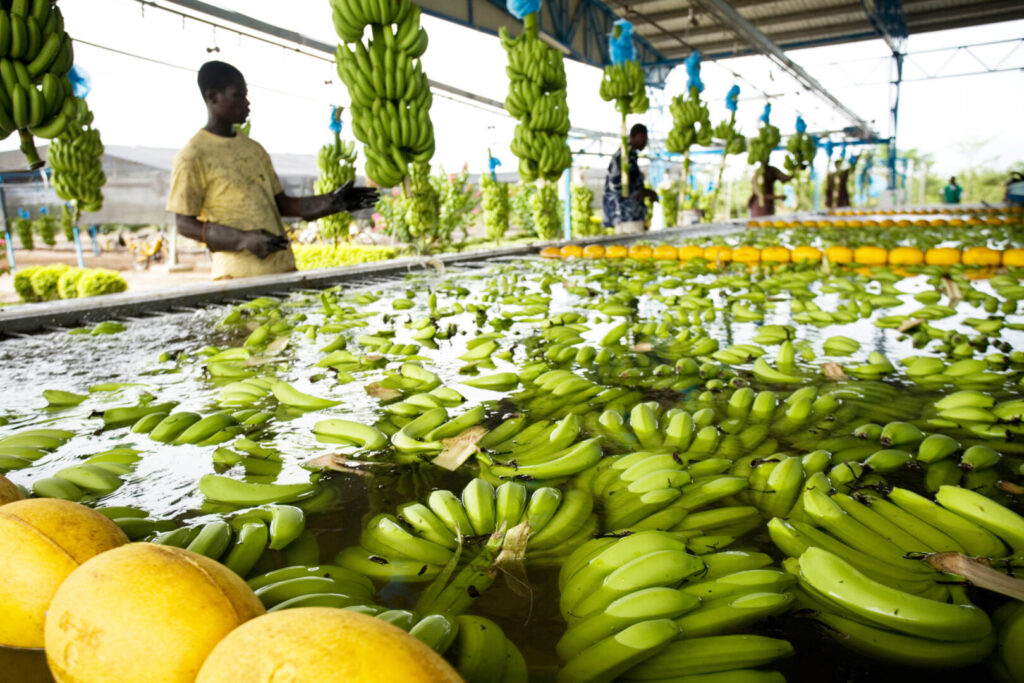
Access to finance is one of the largest barriers to SME growth in Africa. As USAID and other donors work to mobilize private capital for development objectives, a precondition to attract and sustain investment is having strong investment enabling environments. Supporting strategic partnerships, facilitating entry to new investment funds, and unlocking alternative capital flows are just a few ways that projects can strengthen the investment ecosystem to catalyze additional finance to emerging markets and close the SME financing gap. These solutions, showcased at the 2023 ANDE Conference by the Uganda SIA, USAID Invest, and Impact Investing Ghana programs, collectively present a diverse toolkit of strategies to ignite SME growth, paving the way for more inclusive and sustainable economic development.
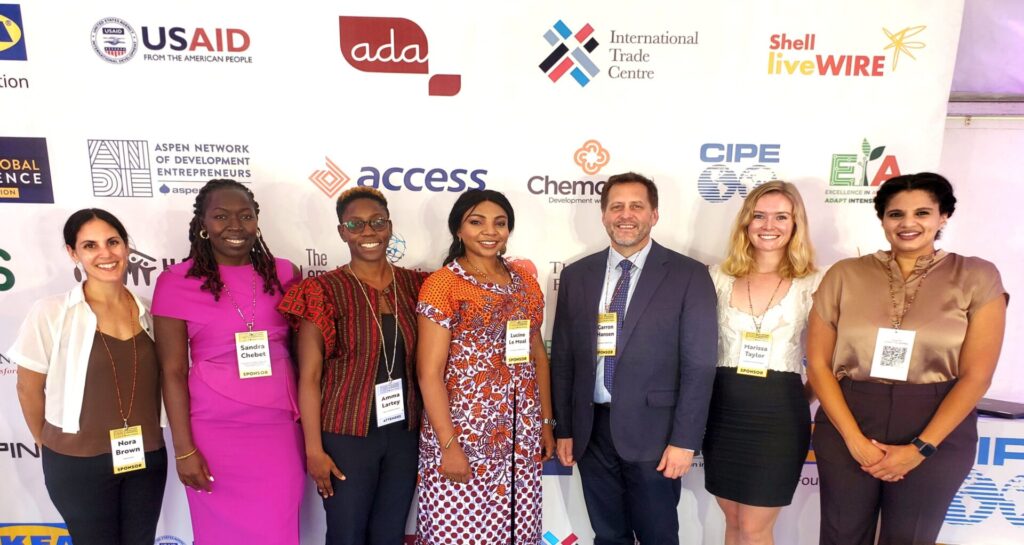
Banner image caption: A woman in Uganda shows a receipt for services rendered inside her small business. Cataloging goods and services exchanged is a vital aspect of securing investment for SMEs. This photo was taken by the Feed the Future Uganda Commodity Production and Marketing Activity.
Posts on the blog represent the views of the authors and do not necessarily represent the views of Chemonics.







